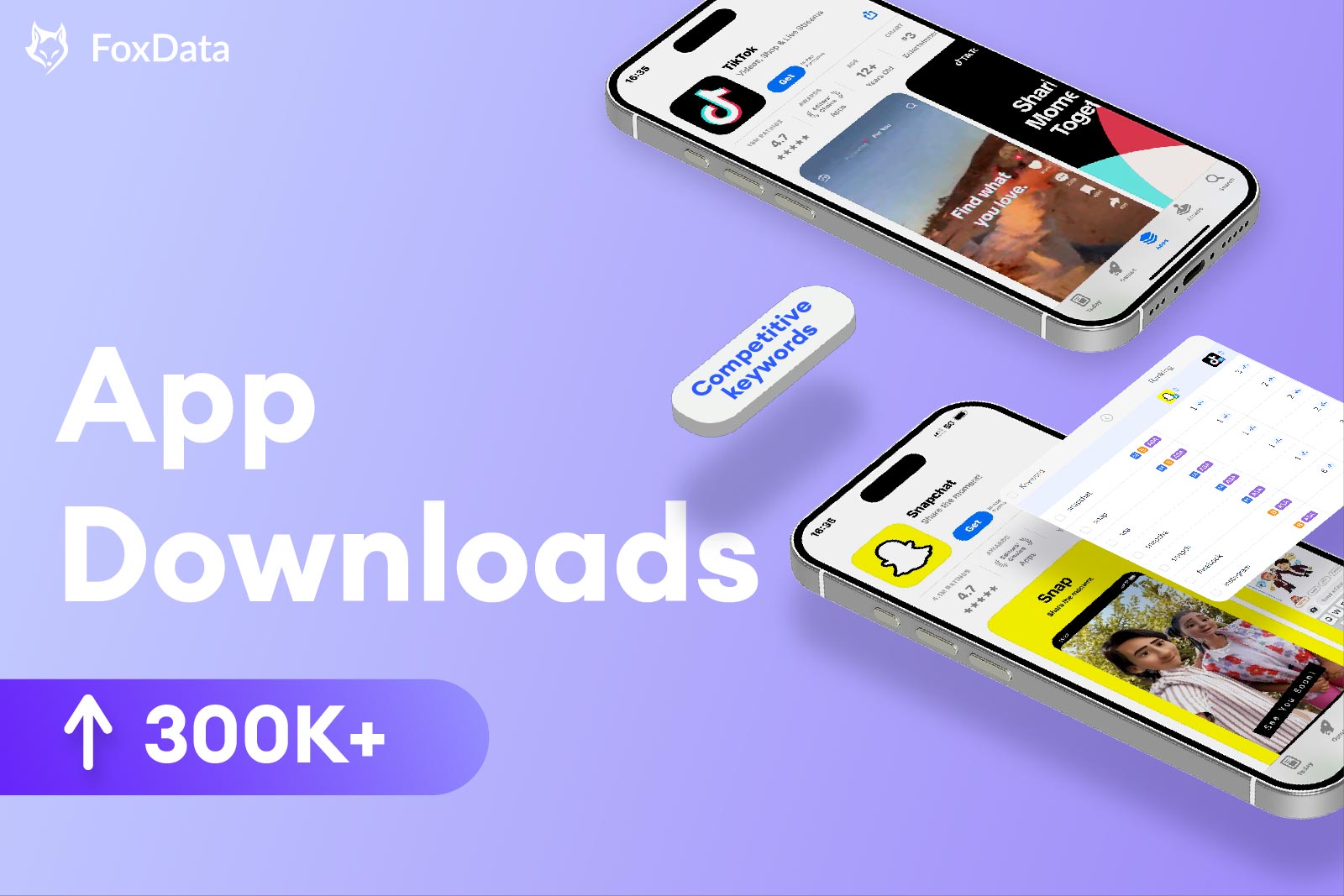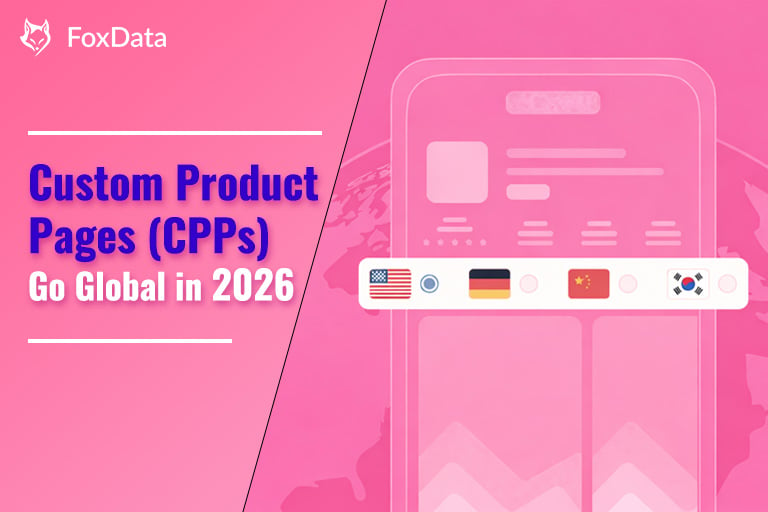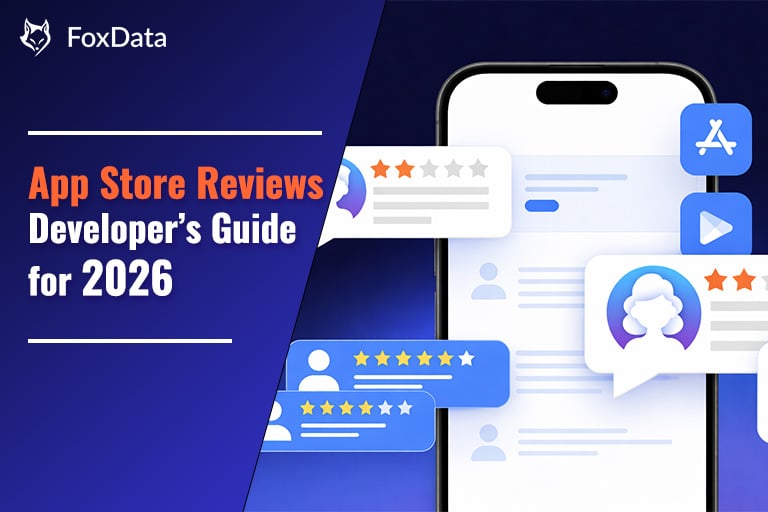Effective Strategies for Mobile App Localization
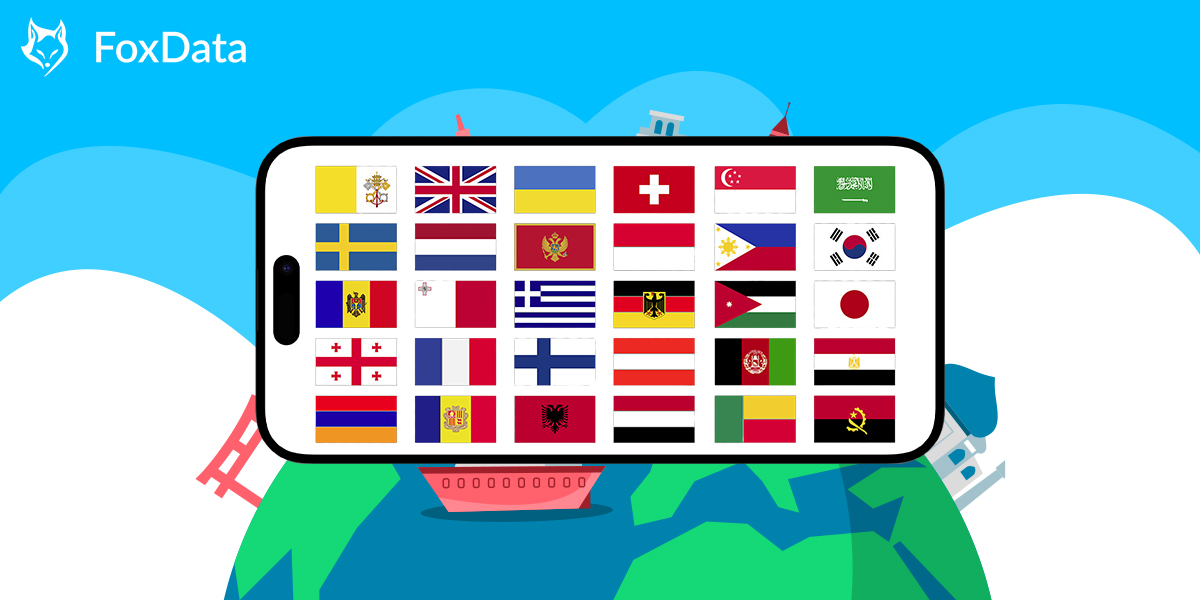
Introduction
Expanding a mobile app into global markets is a natural progression for developers after establishing a substantial user base domestically. The transition to international markets presents numerous challenges, but with meticulous preparation and adherence to localization best practices, developers stand to gain significantly from the global exposure of their apps.
Localization involves adapting your mobile app to suit different cultural and linguistic markets, taking into account the unique cultural, linguistic, and technical requirements of each user base, while maintaining the app's core functionality.
The Importance of Internationalization
Internationalization should be embedded into the app's development phase, serving as the groundwork for future localization efforts. This process includes accommodating various regional preferences such as date and time formats, name and address inputs, numeral systems, and currency, which are integral for creating a product ready for localization, ultimately reducing costs and preserving quality during international expansion.
Preparing for Localization
Localization transcends mere translation; it requires cultural and linguistic tailoring. For instance, an app localized for French speakers in France may not resonate in other francophone regions like Canada, Belgium, or Switzerland due to cultural differences.
Market research is vital in identifying potential new markets. Analyzing user analytics and app reviews can reveal where loyal users are based and highlight specific market demands, guiding the decision on which new languages to localize for.
Device preferences also vary by region. In Western countries, iPhones may be popular, whereas Android devices dominate in South and East Asia. Developers must consider these preferences and ensure their apps are compatible with various screen sizes and Android versions.
Text length is another consideration; languages differ in character size, and some, like German, can expand significantly when translated. Ensuring app designs are flexible to accommodate these differences is essential.
👉Related blog about Localization: How to Localize Your Game for Arab Markets: A Comprehensive Guide
Localization Best Practices
Efficiency, consistency, and control are the pillars of a successful localization strategy. Utilizing a robust Translation Management System (TMS) facilitates an automated translation workflow, allowing for seamless collaboration among linguists, quality assurance teams, and project managers. This collaboration is crucial for avoiding redundant translations and revisions, which saves costs and accelerates time to market.
A TMS should also support integrations with your code repository, streamlining the translation process. APIs play a crucial role here, enabling developers to manage translation tasks effectively.
Localization extends to rich media content as well; images must undergo cultural sensitivity checks to avoid missteps. When it comes to translating content, options include forming an in-house team, partnering with a Language Service Provider (LSP), or a combination of both, depending on the scale of the project and available resources.
App Store Localization
Localizing your app's presence in app stores is just as important as the product itself. This includes optimizing app descriptions, keywords, screenshots, videos, and app previews for each locale.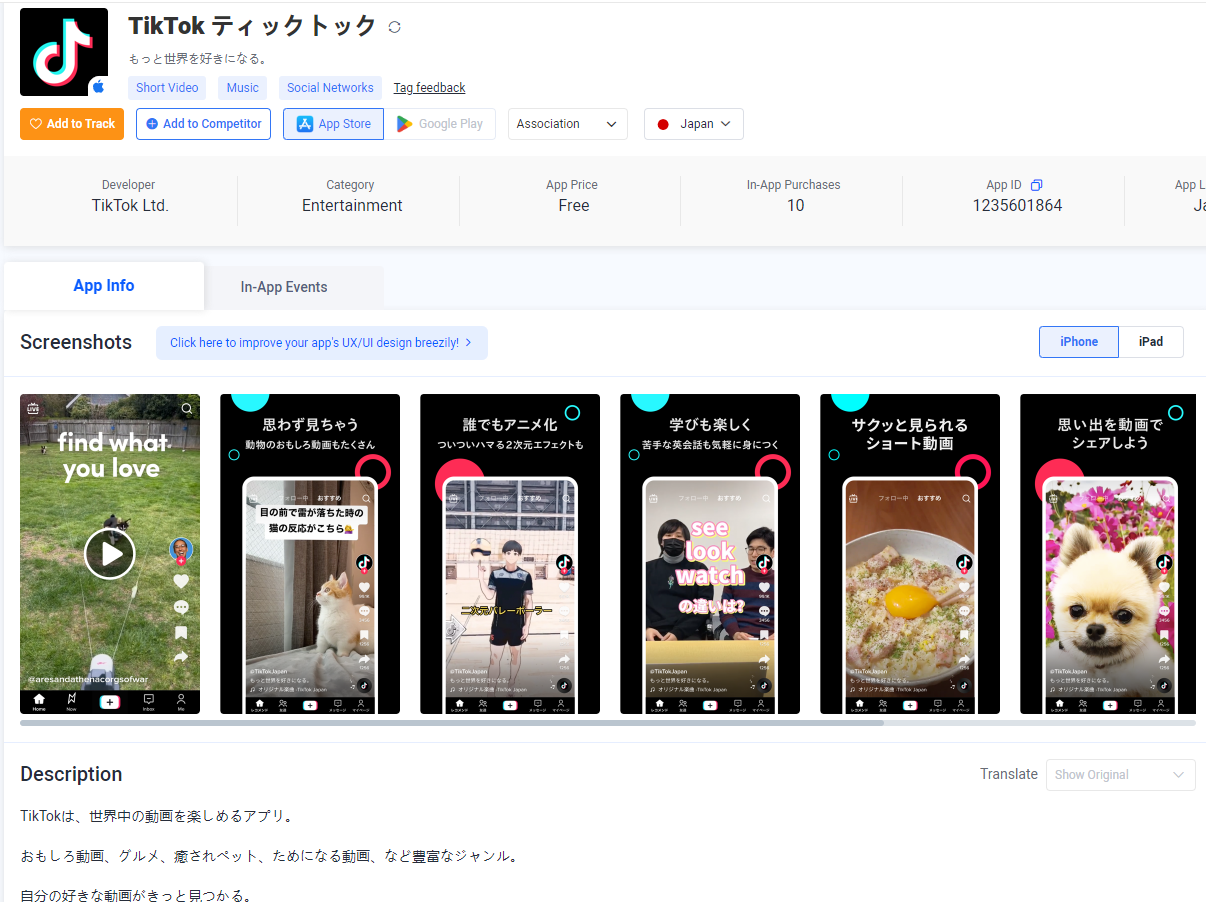
Testing and Quality Assurance
Smoke tests assess the app's stability post-localization, while beta testing with native speakers ensures linguistic accuracy and cultural appropriateness. In-app feedback tools are invaluable for collecting and organizing feedback for ongoing improvements.
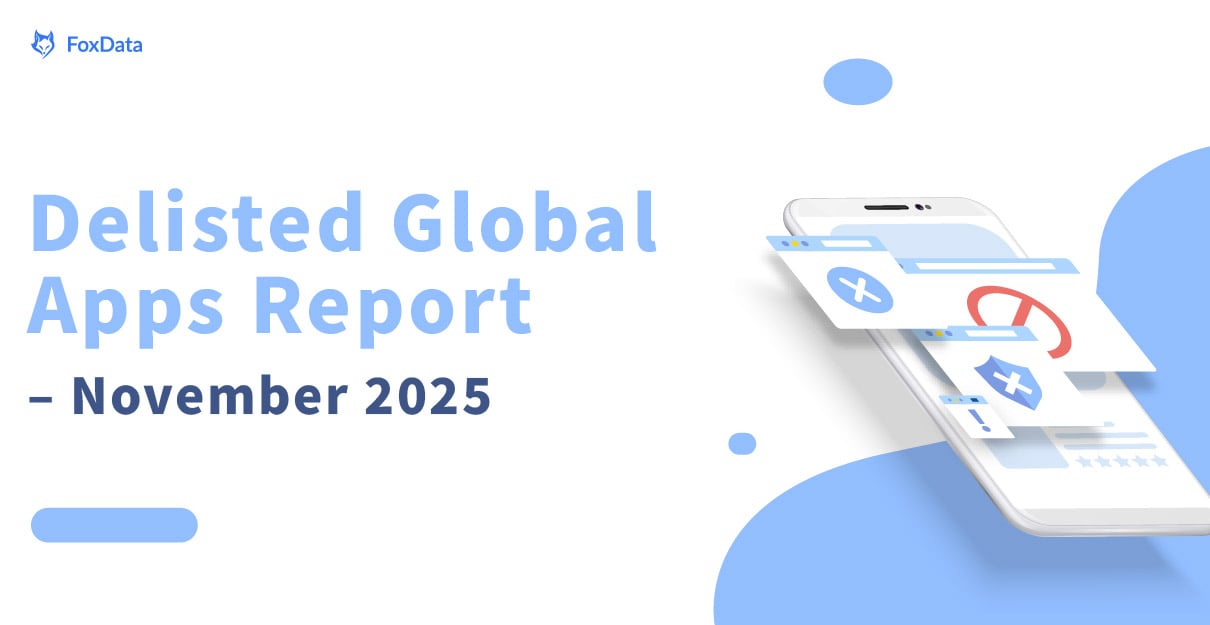
Dive into the latest global app delisting data to uncover key trends, platform insights, and what app removals reveal about the app market in November 2025.
Launch and Marketing
Upon localizing your app, it's essential to update the app store listings with localized metadata to facilitate discovery. Marketing strategies should be adapted for the target market, leveraging social media, paid advertising, and local influencers.
👏Expert Tips: Localizing your website and implementing international SEO strategies will further enhance your app's visibility. Continuous engagement with users through in-app feedback tools is crucial for gathering insights and fostering loyalty in new markets.
👉If you're interested in SEO for your app, here are some strategies you may need.
If you need SEO experts to help you implement international SEO strategies directly, why not try our services? FoxData provides 100% White Label SEO services. From keyword benchmarking to your campaign strategies to citation building to boost your local SEO rankings, we can handle it all.
Conclusion
With the majority of global internet users accessing the web via mobile devices and the app market projected to reach a value of $407.31 billion by 2026, mastering mobile app localization is imperative for developers seeking to capitalize on this growth and build a loyal user base internationally.
Now just join FoxData and embark on a business growth journey as we unveil a FREE App Data Analytics Tool, which boosts your downloads, increases your user base, and watches your performance soar to new heights!
Or do you want to find a professional team to increase your app's user acquisition? FoxData's sub-brand, FoxAdvert, tailors App Store Optimization services to fit your unique goals!


